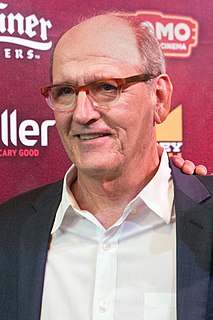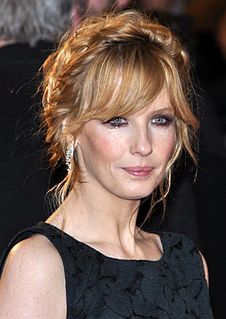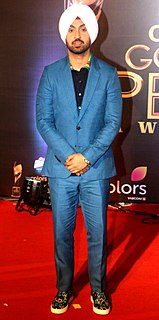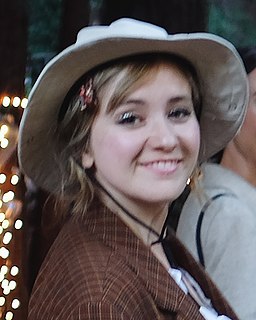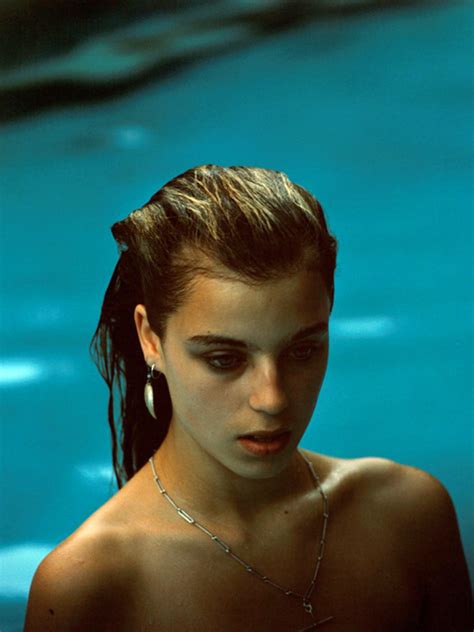A Quote by Richard Jenkins
Rehearsal for film is tough. Until the camera's there, everything changes.
Quote Topics
Related Quotes
Various studios are still shooting on film with digital grain and the DI negatives, it's not ideal. We should really be all film or all digital. But that being said, the old way of graining in the camera, now you can make changes like a painter. It's dangerous because you can ruin the film, you can over-fiddle. We've all seen films and gone 'what the hell is that?'
